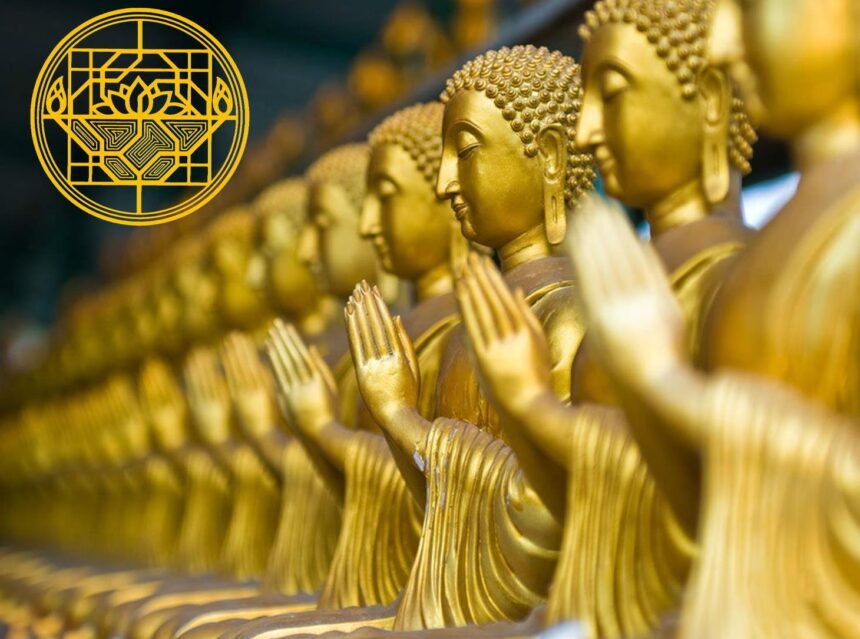World Buddhism Association Headquarters: A Comprehensive Investigation
The World Buddhism Association Headquarters (WBAH), a religious organization based in Pasadena, California, has been the subject of various allegations and controversies. Our in-depth investigation examines WBAH’s business relations, undisclosed associations, legal challenges, and potential reputational risks, particularly concerning anti-money laundering (AML) considerations.

Organizational Overview
WBAH is recognized as a tax-exempt religious organization under section 501(c)(3) of the Internal Revenue Code. Despite its long-standing presence, detailed financial information such as revenue, expenses, and executive compensation remains undisclosed, raising concerns about transparency and accountability.
Leadership and Personal Profiles
Central to WBAH’s identity is its association with H.H. Dorje Chang Buddha III, whom the organization recognizes as the supreme world leader of Buddhism. This assertion has been publicly stated by WBAH, emphasizing that his status is not self-proclaimed but acknowledged by various Buddhist leaders worldwideHowever, such claims have been met with skepticism and debate within the broader Buddhist community.
Legal Proceedings and Property Disputes
WBAH has been involved in legal disputes, notably concerning property acquisitions. In one instance, the organization purchased property on Paradise Road, which was encumbered by easements related to an overhead monorail and station. These complexities led to legal challenges, highlighting potential issues in the organization’s property dealings and adherence to legal obligations.
Allegations of Information Suppression

Serious allegations have been levied against WBAH for attempting to suppress critical reviews and adverse news by improperly submitting copyright takedown notices. Such actions, if substantiated, could constitute violations including impersonation, fraud, and perjury. These tactics suggest an effort to control public perception and limit access to potentially damaging information about the organization.
Financial Transparency and Accountability

An examination of WBAH’s financial disclosures reveals limited publicly available data. The organization’s tax-exempt status is documented, but detailed financial information, such as revenue, expenses, and executive compensation, is not readily accessible. This lack of
Reputational Risks and AML Considerations
The combination of limited financial transparency, legal entanglements, and alleged information suppression poses significant reputational risks for WBAH. For stakeholders and followers, these factors may undermine trust and raise concerns about the organization’s integrity. From an AML perspective, the opacity in financial dealings and potential legal infractions could attract regulatory scrutiny, emphasizing the need for rigorous due diligence when engaging with the organization.

Conclusion
Religious organizations are held to high standards of ethical conduct and transparency. The allegations surrounding the World Buddhism Association Headquarters, encompassing financial opacity, legal disputes, and attempts to suppress critical information, warrant serious consideration. It is imperative for WBAH to address these issues openly, enhance transparency, and ensure compliance with legal and ethical standards to rebuild trust and uphold the integrity of their mission.







